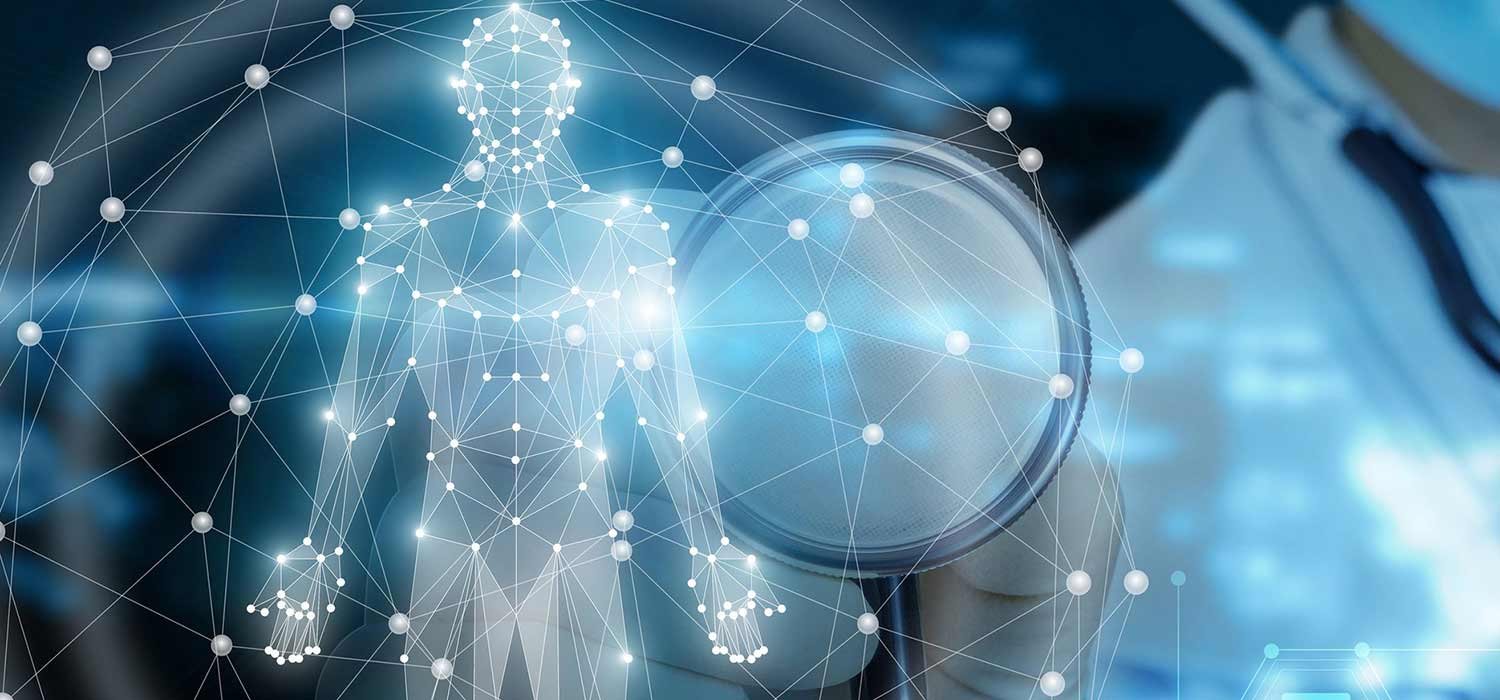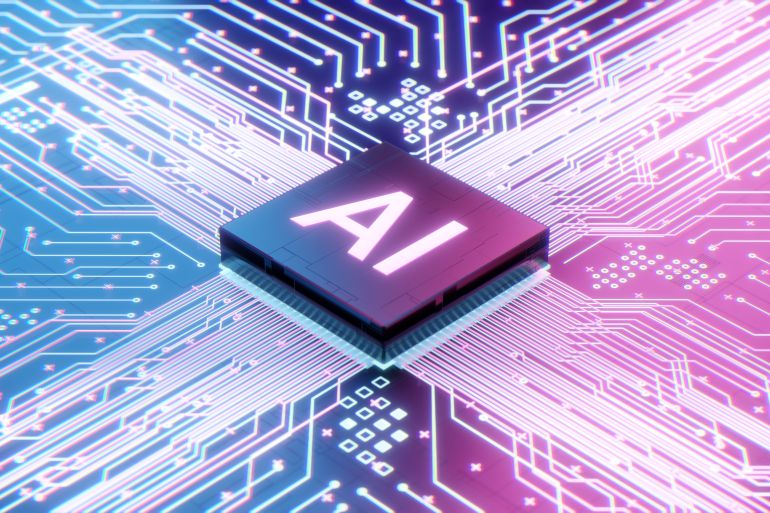From Information to Creativity: Exploring the Effect of Generative AI in the Field of Artificial Knowledge
Expert system (AI) has actually reinvented many industries, from medical care to fund, by leveraging data-driven algorithms to discover beneficial understandings. Nevertheless, the capacity of AI goes much beyond simple data analysis. With the advent of generative AI, a brand-new period is arising, one that explores the intersection of data and imagination. This interesting development holds profound ramifications for the area of expert system, as it assures to transform not only exactly how we comprehend and use data, however additionally exactly how we come close to the imaginative procedure. By harnessing the power of generative AI, we can open the capacity for makers to create initial and creative web content. In this discussion, we will certainly explore the impact of generative AI in the realm of expert system, examining its potential to transform imaginative sectors, help with human-computer cooperation, and raise important ethical factors to consider. Join us as we check out the fascinating journey from information to imagination, and uncover the profound influence generative AI might have on the future of expert system.
The Rise of Generative AI
Generative AI has actually emerged as a cutting-edge area in man-made knowledge, revolutionizing the way equipments create new content and interact with the globe. In current years, there has actually been a substantial rise in the appeal and application of generative AI techniques. These methods allow machines to autonomously develop new and one-of-a-kind web content, such as images, songs, and text, without explicit human input.
One of the vital aspects contributing to the increase of generative AI is the schedule of big and varied datasets. With the development of the internet and the spreading of digital content, huge amounts of data are currently accessible to AI systems. This abundance of information gives the essential resources for training generative AI models, allowing them to find out and simulate human creativity.

Moreover, the increased computational power and the schedule of specialized equipment, such as graphical processing systems (GPUs), have actually played an important duty in the rise of generative AI. These developments have encouraged AI systems to process and examine vast amounts of information, enabling them to produce web content quickly and effectively.
Transforming Creative Industries
The growing capabilities of generative AI, sustained by developments in deep understanding algorithms and computational power, have actually brought about a transformative effect on imaginative industries. This technology has changed the way creative experts function, opening up brand-new possibilities and pushing the borders of human creativity.
Generative AI has made it possible for musicians to check out new worlds of creativity by using them tools that can produce unique and special material. In the field of visual arts, generative AI algorithms can examine existing art work and generate new pieces based on the style and qualities of the input. This not only conserves time but also expands the imaginative opportunities, permitting musicians to explore different styles and methods.
In the songs sector, generative AI has additionally had a significant impact. It can compose brand-new tunes and consistencies, creating songs that was previously unbelievable. This technology can even simulate the design of renowned artists, making it possible for the creation of brand-new tracks that seem like they were composed by artists that have actually long passed away.
Moreover, generative AI has actually located applications in other imaginative fields, such as style and design. It can produce new clothing layouts, indoor layouts, and building concepts, offering developers with a wide range of motivation and speeding up the innovative process.
Nevertheless, while generative AI supplies exciting opportunities, it additionally raises ethical questions and challenges typical notions of authorship and creative thinking. As this innovation proceeds to develop, it is critical to strike a balance in between human creativity and the capacities of AI, making sure that the final output mirrors the intentions and artistic vision of the human developer.
Enhancing Human-Computer Collaboration
Partnership in between people and computers is being boosted via the assimilation of generative AI, causing a brand-new era of creative opportunities. With the advancements in expert system, people are currently able to work very closely with computer system systems to accomplish results that were formerly unbelievable. Generative AI, a subset of AI that concentrates on developing brand-new content, has actually reinvented the means humans and computers team up.
Generative AI makes it possible for computer systems to generate web content, such as photos, music, and text, based on patterns and instances given by people. This cooperation allows humans to utilize the computational power of AI systems to enhance their innovative procedures. For instance, musicians can make use of generative AI to generate brand-new aesthetic ideas or check out various styles, while musicians can develop one-of-a-kind make-ups by working together with AI-generated melodies.
Moreover, generative AI can assist in tasks that call for large amounts of information handling, such as data evaluation and pattern acknowledgment - generative ai company. By incorporating AI systems find out right into the cooperation process, people can take advantage of the computational capabilities of AI to examine intricate datasets and extract significant understandings
Nevertheless, to make certain effective collaboration between humans and computers, it is essential to establish a clear understanding of the roles and duties of each celebration. People must give the needed guidance and proficiency, while AI systems can assist in the innovative process by generating possibilities and options. This collaboration between computers and people opens up brand-new opportunities for innovation and creative thinking, pushing the boundaries of what is possible in different areas.
Ethical Ramifications of Generative AI
As we explore the moral effects of generative AI, it becomes obvious that this revolutionary modern technology increases considerable problems and considerations. Generative AI systems have the capability to create, generate, and imitate human-like content, such as images, videos, and text. While this has opened brand-new possibilities and opportunities in various areas, it has actually also triggered conversations concerning the possible abuse and ethical issues connected with such innovation.
Among the primary issues is the capacity for deepfakes, which are controlled or produced media that can trick and mislead people. With generative AI, it ends up being simpler for home malicious stars to develop persuading deepfakes, causing false information, reputational damage, and even political manipulation. This poses a threat to the trust fund we position in digital media and can have significant consequences for individuals and societies.
One more ethical factor to consider revolves around the concern of copyright. Generative AI systems can develop initial content that may infringe upon copyright legislations or increase questions concerning ownership and acknowledgment. Establishing the legal rights and responsibilities in such situations comes to be a complex job, especially when AI-generated content is identical from human-created content.
Furthermore, generative AI has the potential to bolster and enhance existing predispositions and discrimination existing in the training data. If the data utilized to educate these systems consists of biased info, the generated web content might show and perpetuate those prejudices, resulting in prejudiced or unjust results.
In addition to these problems, there is also a requirement to take into consideration the impact of generative AI on personal privacy, safety and security, and permission. AI systems can collect, analyze, and use substantial amounts of individual data, bring about prospective breaches of personal privacy and worries regarding data defense. Furthermore, the consent of people whose information is used to educate and boost these systems must be carefully dealt with to ensure moral practices.

Future Leads and Challenges
With innovations in generative AI technology, the future holds both countless obstacles and encouraging leads to conquer. The potential applications of generative AI are vast and varied. One of the most amazing prospects is the capability to create practical and personalized web content across various domains, such as literature, music, and art. This can transform innovative industries by allowing AI systems to generate cutting-edge and unique works. Furthermore, generative AI has the prospective to improve human-computer communication by creating more intelligent and responsive virtual aides and chatbots.

An additional challenge is the demand for more innovative formulas and computational power to boost the high quality and efficiency of generative AI systems. The present restrictions in training time and computational sources hinder the extensive adoption of generative AI in real-world applications.
Final Thought
Finally, the increase of generative AI has actually significantly affected the field of fabricated intelligence. It has changed innovative industries by enabling the generation of unique and ingenious content. In addition, generative AI has actually improved human-computer cooperation, enabling for a lot more effective and effective analytic. Moral implications bordering generative AI must be very carefully taken into consideration and attended to. Looking in advance, future leads and challenges exist in more checking out the possibility of generative AI and locating an equilibrium in between creativity and moral factors to consider.
Generative AI has actually emerged as an innovative area in synthetic knowledge, revolutionizing the way devices generate brand-new material and engage with the world. generative ai company.Generative AI has allowed artists to explore new realms of creativity find out this here by using them devices that can generate unique and one-of-a-kind content. Generative AI, a subset of AI that focuses on producing brand-new content, has actually revolutionized the means humans and computer systems work together
Generative AI systems have the ability to develop, produce, and imitate human-like material, such as images, video clips, and message. Generative AI systems can develop initial content that might infringe upon copyright legislations or raise inquiries concerning possession and acknowledgment.